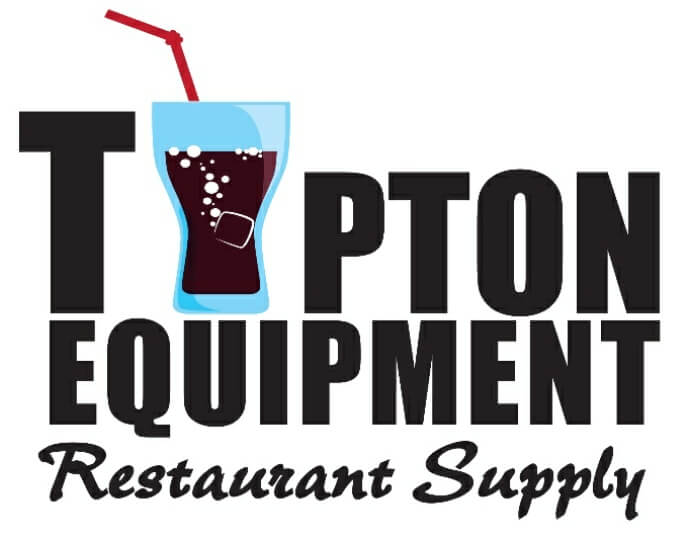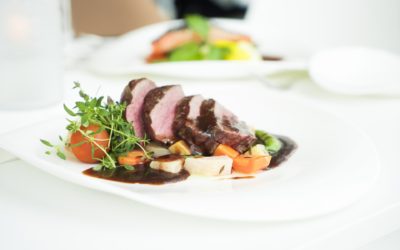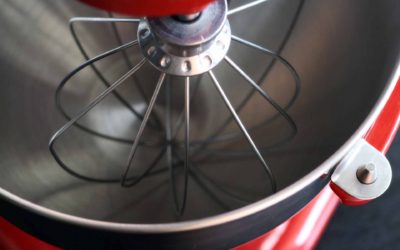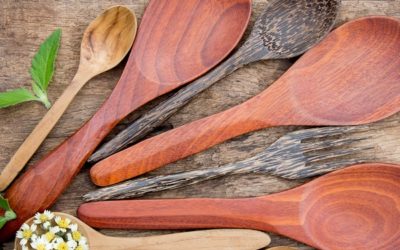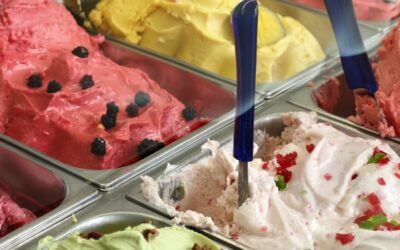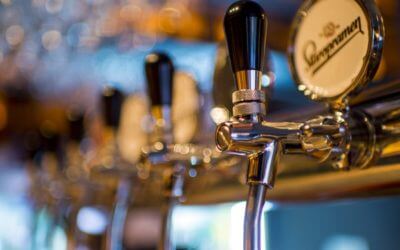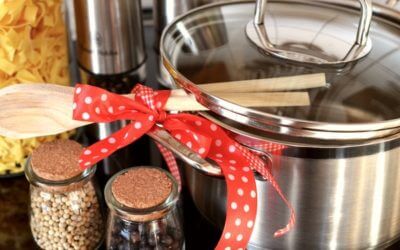Cooking Equipment Disasters You Can Avoid
August 29, 2019Cooking equipment disasters you can avoid through proper safety procedure and careful proceeding.
Kitchens are the heart of the home, but they’re also home to a lot of cooking equipment that can pose safety hazards. Cooking fires top the list of things that can go wrong in the kitchen followed by injuries from knives, cookware, food processors, microwaves, and blenders. Fires related to cooking peak over the holidays—Thanksgiving has three times the average cooking-related fires.
Keep an Eye on Your Cooking Equipment
Fires involving cooking equipment account for two of every five reported home fires. Unattended cooking equipment accounts for one in three fires, and half are ignited by fat, grease, oil, or related substances, according to the National Fire Protection Association. If you spend a lot of time in the kitchen, take a minute to bone up on these safety tips to avoid accidents.
Stay in the kitchen when you are frying, grilling, or broiling.
If you are simmering, baking or roasting, remain at home and check the food often. Set the timer as a reminder.
Keep anything that can catch fire—potholders, towels, food packaging—away from the stovetop.
Always keep a lid nearby to smother small grease fires by sliding the cover over the pan and turning off the burner.
If a fire starts in the oven, turn it off and leave the door closed.
If the fire gets out of hand, leave the house and call 911.
Keep a fire extinguisher with a minimum 5-B:C rating on hand.
Safety Tips for Dangerous Cooking Equipment
One of the great dangers in the kitchen are those blades of honed steel created to slice through produce and flesh: your kitchen knives. There are too many tips for listing here; there are whole classes dedicated to knife safety. But with some basics in mind and a review of more comprehensive knife safety guidelines, you can lessen your risk of injuring yourself or ditching a digit.
Always use sharp knives.
Do not hold food in your hand while you cut it.
Always cut on the cutting board. (Use a non-slip one or place a damp dishtowel beneath it to prevent it from slipping.)
Always keep fingers on top of the blade in case it moves.
Keep knife handles free of grease or other slippery substances.
Keep knives away from the edge of the counter to lessen the chance of being knocked off.
Never try to catch a falling knife!
Wash knives immediately after use. Do not leave knives in a sink of soapy water where they cannot be seen. Keep the sharp edge of the blade away from you when washing.
Whether it’s fire, knives or blenders, be mindful with your cooking equipment to spare yourself a trip to the emergency room.
5 Essential Buying Tips for Your Next Food Prep Work Table
The right foodservice equipment is pivotal to the efficiency of your kitchen. One of the most important types of foodservice equipment for any kitchen is the work table. With limited room on countertops available for your food prep needs, the cooking process can drag...
Tips for Keeping Your Commercial Sink Sparkling Clean
Your commercial kitchen, just like your personal kitchen, must be kept clean at all times. With all of the cooking and food processing you do, it is inevitable that your sink gets messy. Cleaning up your commercial kitchen is incomplete without proper cleaning of your...
Food-Cutting Secrets to Beautiful Dishes
In the restaurant industry, presentation is often said to be just as important as the food itself. Using the right knowledge, skills and restaurant supplies, you can incorporate creativity into your presentation, making guests feel that they are getting something...
Top Space-Saving Tips for Commercial Kitchens
Top Space-Saving Tips for Commercial Kitchens Space is always an important consideration when setting up a kitchen, and this is even truer for commercial kitchens. With a strong focus on functionality and the kitchen supplies that meet the needs of your commercial...
5 Ways to Get the Most Out of Your Mixer
No one wants to eat off of dirty or tarnished silverware. A stand mixer is a highly useful piece of kitchen equipment to invest in. Although this type of kitchen equipment does not usually come cheap, it can last a lifetime when properly cared for. Despite all your...
Restaurant Prep Tool Selection Simplified
What’s a restaurant kitchen without high-quality prep tools that can withstand the pressure of frequent use? Whether you already have a restaurant you’re running, or you’re just planning to launch one, one vital factor that could make or mar your business is how you...
Beginner’s Guide to Choosing a Commercial Ice Cream Freezer
Ice cream is a delicious and appealing desert treat for everyone, young or old. Having made the decision to sell ice cream to your customers, whether you have a restaurant, convenience store, or specialty ice cream parlor, it is time to begin stocking up on the right...
How to Choose the Right Kitchen Scales for Your Restaurant
A food scale is an essential item in every restaurant’s store of kitchen supplies. Designed to take the guesswork out of food measurement and maintain consistent food serving sizes, food scales are indispensable kitchen supplies in the commercial kitchen. With such a...
Beer Chilling Systems: Which Type Is Right for My Restaurant?
A refrigeration unit is integral to the functioning of any restaurant. Beers are best served cold - there’s no questioning that! But which beer chilling system is the best? From reach-in coolers to glycol chillers, a beer chilling system is an important piece of...
What Equipment Will I Need to run a Food Truck?
There’s a lot of planning that goes into starting your own food truck business. Before you hit the road with your delicious food offerings, you’ll need to fill up your truck with all the right foodservice equipment. Considering the lengthy list of possible items to be...
8 Types of Food Thermometers: What You Need To Know
Food thermometers are essential restaurant supplies for your commercial kitchen. They ensure that foods prepared in your commercial kitchen are cooked to the right temperature and held at that temperature for as long as necessary to kill any harmful bacteria. This...
How to Identify the Best Food Processor for Your Needs
Highly versatile and extremely efficient, food processors are designed to take away the hard work from repetitive kitchen activities. This type of cooking equipment can quickly become an invaluable tool in your kitchen. From chopping, to shredding, grinding, mincing,...
6 Keys to Choosing the Best Chafing Dishes for Your Restaurant
The chafing dish, also known as the chafer, is an essential piece of restaurant equipment for any establishment that wants to keep food hot. This type of restaurant equipment gets its name from the French word, chauffer, which means to heat, and it’s easy to see why....
Turning up the Dial on Commercial Fryers: How to Choose One for Your Restaurant
Fried food is a well-loved favorite. This is a fact. It also makes a fryer an important piece of equipment to have in your commercial kitchen. Just consider how many appetizers and sides require frying: onion rings, French fries, and fried green tomatoes are just a...
What’s in a Cooking Pot, How to Choose the Right One?
As a restaurant owner, your cooking needs might vary. Did you know that a good quality pot can greatly improve your cooking experience, while also improving the quality of your cooking? This cooking equipment is a very important one that cannot be done away with...
